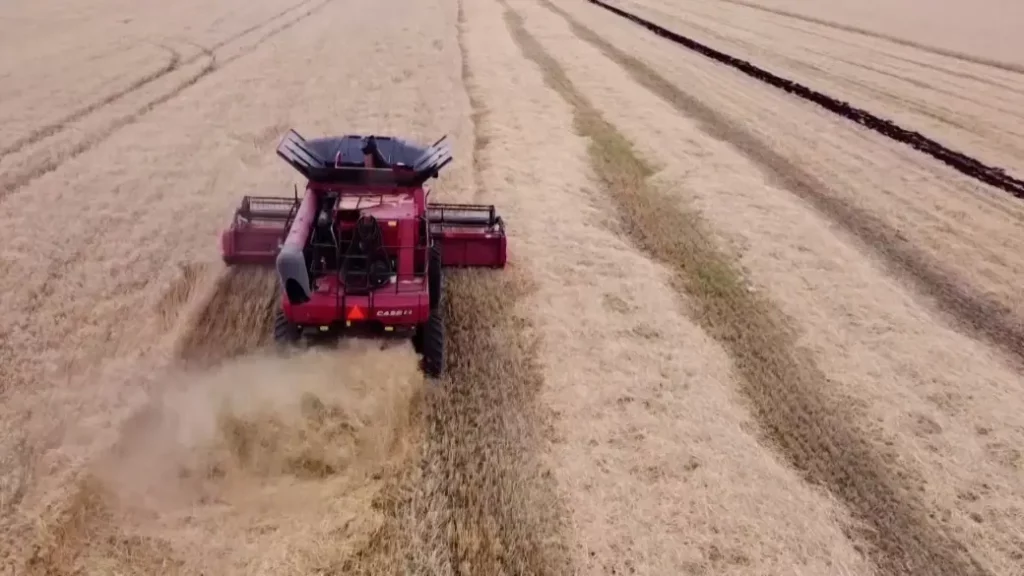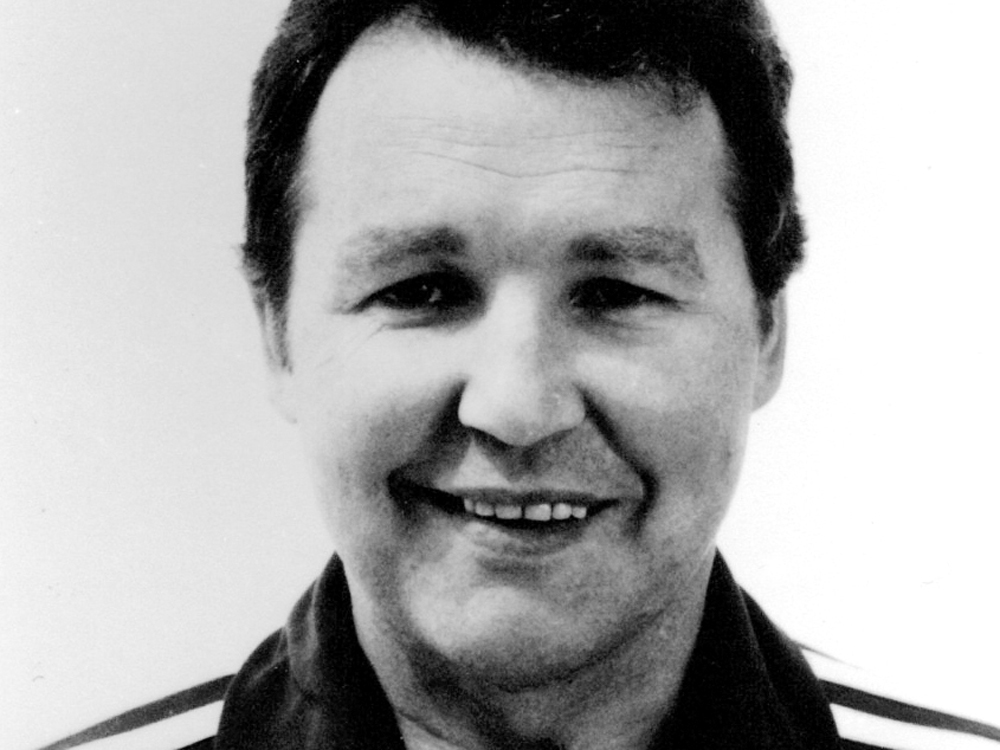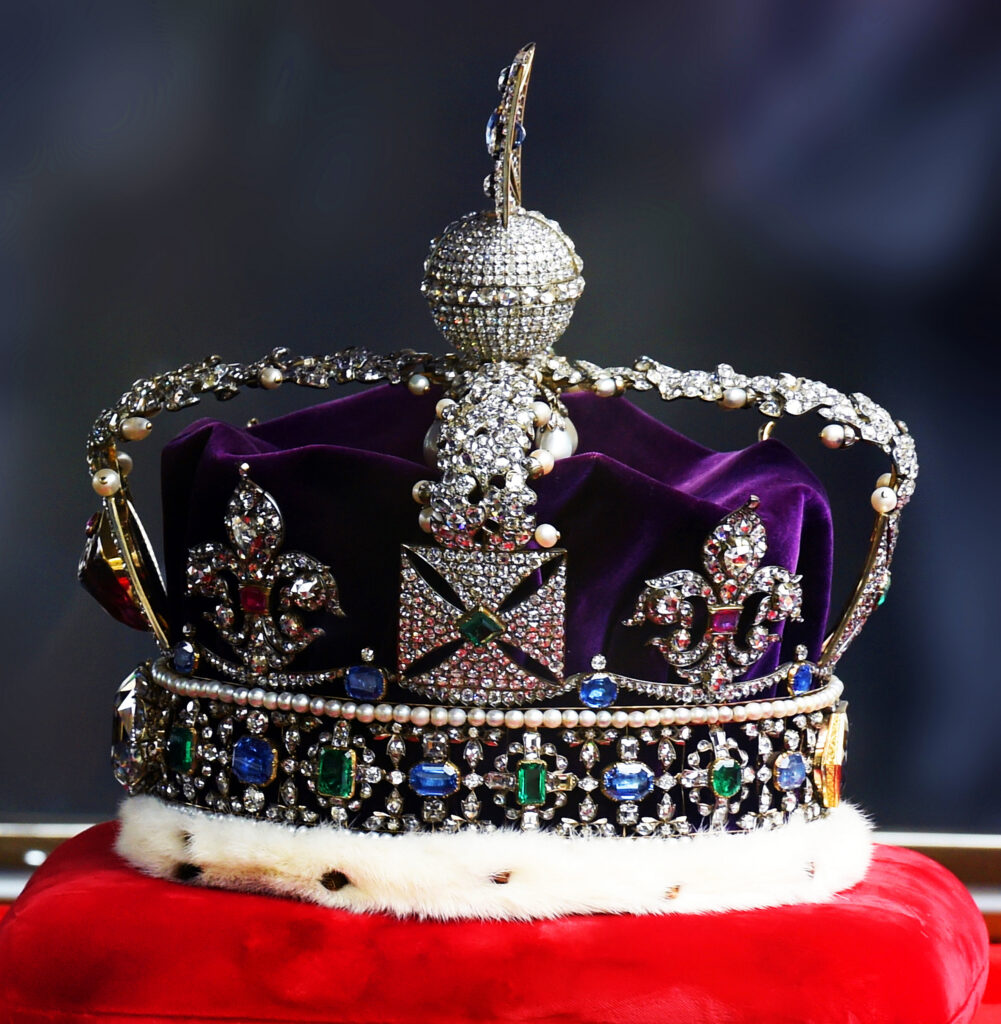“The Shocking Revelation: Trump Informed of Being the Prime Target in U.S. Probe on Election Meddling”
Former U.S. President Donald Trump speaks at a campaign event, Saturday, July 8, 2023, in Las Vegas. (AP Photo/John Locher, File) WASHINGTON – Former U.S. President Donald Trump said Tuesday that he has received a letter informing him that he is a target of the Justice Department’s investigation into efforts to undo the results of the 2020 presidential election, an indication that he could soon be indicted by federal prosecutors. Trump made the claim in a post on his Truth Social platform, saying he received the target letter while with his family on Sunday night. Such a letter can precede an indictment and is used to advise individuals that prosecutors have evidence linking them to a crime; Trump received one ahead of being charged last month in a separate investigation into the mishandling of classified documents. A spokesman for special counsel Jack Smith, whose office is leading the investigation, declined to comment. Smith’s team has cast a broad net in its investigation into attempts by Trump and his allies to block the legitimate transfer of power to Democrat Joe Biden in the days leading up to the Jan. 6 riot at the U.S. Capitol, when Trump loyalists stormed the building in a bid to disrupt the certification of electoral votes in Congress. More than 1,000 people accused of participating in the riot have been charged. Smith’s probe has centered on a broad range of schemes from Trump and allies to keep him in power, including the use of slates of so-called fake electors in battleground states won by Biden and disputed by Trump. Trump, who is currently the dominant early frontrunner for the Republican nomination, is scheduled to travel to Iowa Tuesday, where he is taping a town hall with Fox News host Sean Hannity. One purpose of the target letter is to advise a potential defendant that he or she has a right to appear before the grand jury. Trump said in his post that he has been given “a very short 4 days to report to the Grand Jury, which almost always means an Arrest and indictment,” but aides did not immediately respond to questions seeking clarity. Prosecutors in Georgia are conducting a separate investigation into efforts by Trump to reverse his election loss in that state, with the top prosecutor in Fulton County signaling that she expects to announce charging decisions next month. In his post, Trump wrote that “they have now effectively indicted me three times…. with a probably fourth coming from Atlanta” and added in capital letters, “This witch hunt is all about election interference and a complete and total (political) weaponization of law enforcement!” Trump was indicted last month on 37 felony counts accusing him of illegally retaining hundreds of classified documents at his Florida estate, Mar-a-Lago. He has pleaded not guilty. A pretrial conference in that case was set for Tuesday in Fort Pierce, Fla. Efforts to deceive the public about voting and elections remain a top concern for state election officials as they dig into preparations for the 2024 election. Misinformation and the emergence of generative artificial intelligence tools to create false and misleading content were cited in interviews with several secretaries of state gathered recently for their national conference. Other top concerns were staffing and the loss of experienced leaders overseeing elections at the local level. The officials were gathered in Washington for the annual summer conference of the National Association of Secretaries of State. “The cliche here is true,” said Minnesota Secretary of State Steve Simon, a Democrat. “You hope for the best, but plan for the worst. So, we’re planning for the worst, which is that multiple communications channels will be filled with false and misleading information.” State election officials in Michigan and Colorado said they were particularly concerned about the rise of AI and the implications of it being misused by foreign adversaries seeking to meddle in U.S. elections. They pointed to altered videos, known as deepfakes, that rely on facial mapping and AI to make it appear that real people are saying things they never said. Colorado Secretary of State Jena Griswold said she convened a working group in her office to game out potential risks, after a 2020 presidential election that was marred by false claims and attacks on voting. Michigan Secretary of State Jocelyn Benson said state and federal regulations requiring disclosures of AI-generated content are needed along with boosting public awareness. State election officials in Michigan and Colorado said they were particularly concerned about the rise of AI and the implications of it being misused by foreign adversaries seeking to meddle in U.S. elections. They pointed to altered videos, known as deepfakes, that rely on facial mapping and AI to make it appear that real people are saying things they never said. Colorado Secretary of State Jena Griswold said she convened a working group in her office to game out potential risks, after a 2020 presidential election that was marred by false claims and attacks on voting. Michigan Secretary of State Jocelyn Benson said state and federal regulations requiring disclosures of AI-generated content are needed along with boosting public awareness. “We can’t necessarily put the genie back in the bottle, but we can educate citizens about how to receive that information,” said Benson, a Democrat. “And it becomes much easier if there are disclaimers alongside it that says, hey, this is fake.” Some state election officials said they would not be deterred by a recent court order by a federal judge in Louisiana that limited federal agencies when it comes to contacting social media companies about content deemed false or deceptive with a few exceptions. On Friday, an appeals court temporarily paused the order. “The injunction doesn’t apply to state officials, so I’m going to keep talking to whoever the hell I want to talk to,” said Arizona Secretary of State Adrian Fontes, a Democrat. “If you know somebody is out there lying and it hurts voters, they’re literally telling voters the wrong day





